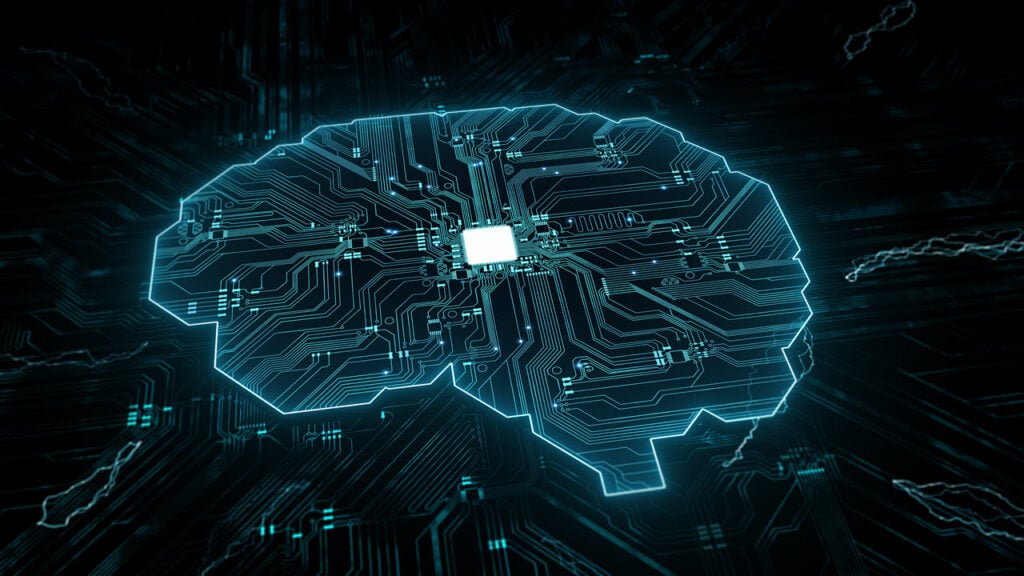The European Parliament has approved the Artificial Intelligence Act with 523 votes in favour, 46 against the bill, and 49 abstentions. The Act is expected to become law in May after final checks and endorsements from the European Council.
It aims to provide safety, uphold fundamental rights, and nurture innovation in AI technology. Crafted through several negotiation rounds with the member states, the Act was finalised in December 2023 and garnered support from most Members of the European Parliament (MEPs).
Central to the Act are provisions to curb AI applications that threaten citizens’ rights. Notable prohibitions include using biometric categorisation systems based on sensitive characteristics and the indiscriminate scraping of facial images from online sources or closed-circuit television (CCTV) footage.
Additionally, the AI Act bans the use of AI for emotion recognition in workplaces and educational institutions, as well as social scoring and predictive policing that relies solely on profiling individuals or assessing their characteristics.
Acknowledging the potential ramifications of AI in law enforcement, the Act imposes strict limitations on law enforcement agencies’ use of biometric identification systems (RBI). Real-time deployment of RBI is permitted only under specific conditions, such as prior judicial or administrative authorisation, with stringent safeguards to prevent abuse of power.
The Act also mandates risk assessments, transparency measures, and avenues for citizen redress for high-risk AI, including those deployed in critical infrastructure, healthcare and law enforcement.
With this Act now passed, citizens will get the right to challenge decisions made by AI systems that impact their rights.

The Act requires companies developing general-purpose AI systems to be transparent. Compliance with EU copyright law and the publication of detailed training data summaries are among the stipulated transparency measures.
Furthermore, the Act addresses the burgeoning threat of manipulated media, more commonly known as deepfakes, by mandating clear labelling of artificial or manipulated images, audio, or video content.
To foster innovation and support small and medium-sized enterprises (SMEs), the Act advocates for establishing regulatory sandboxes and real-world testing environments at the national level. These initiatives will enable SMEs and startups to develop and refine innovative AI solutions while adhering to regulatory standards.
“The AI Act has pushed the development of AI in a direction where humans are in control of the technology, and where the technology will help us leverage new discoveries for economic growth, societal progress, and to unlock human potential,” said MEP Dragos Tudorache.
The EU has set a standard for regulating AI, which could very well be a start for the whole world. Developing and developed countries such as the US, China, and India will be looking at the Act, and similar regulations may be passed in some other countries.
In the News: Tor Project launches WebTunnel to combat online censorship






